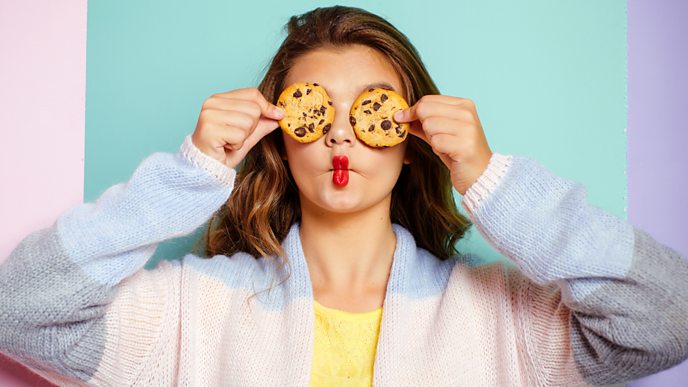Regarding emotional eating habits, certain factors such as boredom, stress, anxiety and fatigue are some of the main reasons why we are “healthier than usual”). But why do these feelings affect our diet and there are better ways to regulate them? This is what we are going to discuss today.
Before entering different ways, we can properly manage emotional eating habits, let us know the reasons for getting into details, or assume that our diet below is not very healthy.
Reasons for emotional diet
As part of our food habits, emotional diets can be driven by our survival instincts. “Our bodies don’t recognize the difference between the stress of a lion chasing us and the stress during work,” said doctor Aishah Muhammad. “When you feel stressed, you crave easy digestion and quickly release energy to help you fight or run away – sugar and carbohydrates”.
Almost two-thirds of British people in the BNF survey said boredom is the main reason for their unhealthy lock-in diet. Research links boredom to escapist diets, but there is good news: It also associates it with an increase in consumption of healthy foods, so food is “exciting.”
When we are deprived of sleep, research shows that we may eat nearly 400 calories a day because we “use fast energy sources to keep us awake, usually carbohydrates.” “Drowsiness also increases the hunger hormone,” Medelin said.
Please read also: The top 9 foods and drinks that may be inflammation
Reasons for emotional diet
Emotional diet can be driven by our survival instincts. “Our bodies don’t recognize the difference between the stress of a lion chasing us and the stress during work,” said doctor Aishah Muhammad. “When you feel stressed, you crave easy digestion and quickly release energy to help you fight or run away – sugar and carbohydrates”.
Almost two-thirds of British people in the BNF survey said boredom is the main reason for their unhealthy lock-in diet. Research links boredom to escapist diets, but there is good news: It also associates it with an increase in consumption of healthy foods, so food is “exciting.”
When we are deprived of sleep, research shows that we may eat nearly 400 calories a day because we “use fast energy sources to keep us awake, usually carbohydrates.” “Drowsiness also increases the hunger hormone,” Medelin said.
When we eat, we produce dopamine, and brain chemicals are responsible for rewards and pleasure. Some foods, especially those with high fat and sugar, stimulate dopamine production rather than healthier options.
This could lead to a “diet pleasure trap”: mastering the hidden powers that destroy health and happiness, says Dr. Douglas Lisle, a psychologist and author of the pleasure trap. He explains that your intuition tells “you want to seek the greatest pleasure with the least pain and the least effort”, but the more you trigger the pleasure receptors in your brain, the less its impact will be.

Please read also: 50 Super Healthy Foods
Overcome emotional diet 3FS
Dr. Rangan Chatterjee is the author of Feeling Weight Loss and Stress Solutions, and he encourages us to focus on our diet and whether we eat in his “3 fs” to overcome emotional diet. The 3F technology is:
Feel: When you are hungry, please stop and ask yourself if you are bored, lonely or stressed. If you are hungry, eat.
feed: Consider how your choice of food feeds the feeling you find in the first F. How will eating it make you feel – better, worse or no change?
Looking for: Can you find a non-food behavior to cope with emotions? This could be exercise, yoga practice, bathing, sleeping, calling friends or using breathing techniques to relieve anxiety and stress.
Is the emotional diet good?
In some cases, food will make you feel better. Nutritionist Rachael Hartley said dinner and movies or baking could be positive emotional experiences. She said that through mindfulness and intentional eating, “you are more likely to taste your own food and experience” rather than eating emotionally impulsively. And, an emotional diet does not necessarily mean an unhealthy diet.
But, she continued: “Food rarely solves problems, it can’t help you with difficult things, so we have to move food beyond food to meet challenges”. Eating “should not be the only coping mechanism in the toolkit”.
Be kind to yourself
If you find yourself eating emotionally and can’t control it, remember that this is not a normal period and you may not want to eat in the normal way. “It’s okay now,” said nutritionist Priya Tew. “It’s time to take care of yourself and the people around you, nourish your body in the best way and find your own fun.
While a balanced diet is always the goal, you can now eat a different diet without intestinal, anxiety or fear. This is especially considering those who struggle with eating disorders or recover from eating disorders. Be kind to yourself. ”
Please read also: 12 Best Foods and Drinks to Be Good for the Liver
